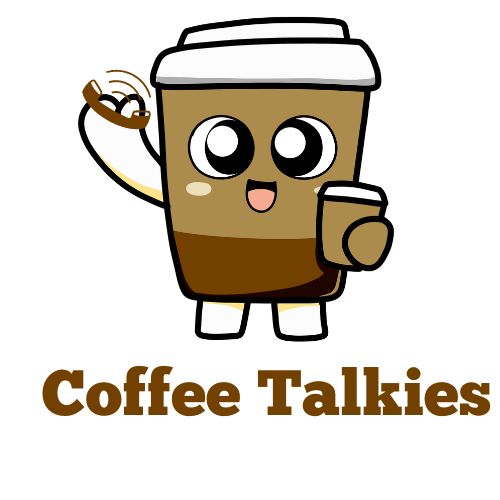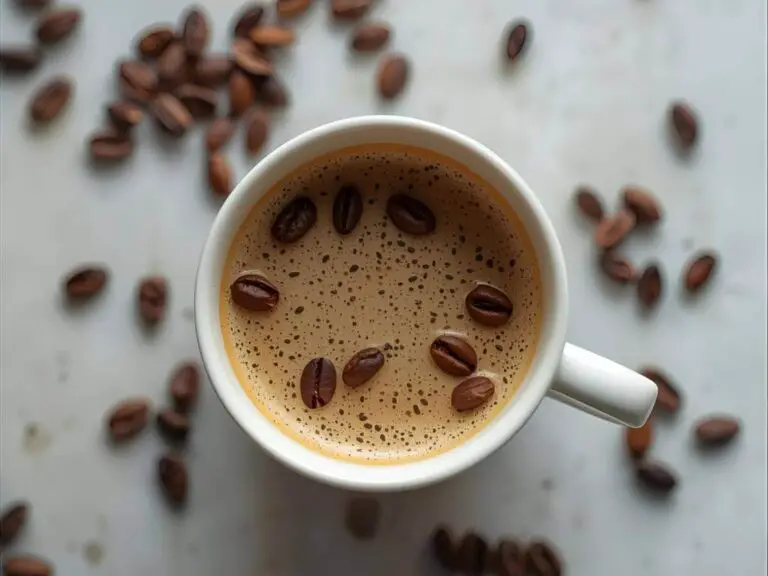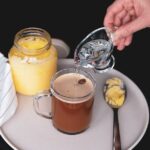Must-Have Coffee Shop Equipment list: Complete Guide for New Café Owners
Opening a coffee shop is an exciting journey, but it also requires careful planning and investment—especially when it comes to equipment. Every cup of coffee, from a simple drip brew to a complex latte, relies on having the right tools in place. The equipment you choose impacts not only the quality of the coffee you serve but also the overall customer experience. If you’re planning your coffee shop or looking to upgrade, creating a well-thought-out coffee shop equipment list is one of the most crucial steps.
From espresso machines to storage containers, each piece of equipment has a role in ensuring smooth operations and crafting the perfect cup for your customers. In this guide, we’ll walk you through the essential equipment you’ll need, with tips on what to consider and recommended options to suit different budgets. Let’s dive into the coffee shop equipment list that will set your business up for success!
Espresso Machine
The espresso machine is truly the heart of any coffee shop. As one of the most important investments, it plays a central role in creating high-quality espresso-based drinks that customers love, like lattes, cappuccinos, and macchiatos.
Types of Espresso Machines
Espresso machines come in several types, each catering to different skill levels and budgets:
| Type | Description | Pros | Cons |
|---|---|---|---|
| Manual | Requires skilled baristas to control every aspect of brewing. | Full control over brewing | Steep learning curve, time-intensive |
| Semi-Automatic | Baristas control some functions, but machines handle pressure. | Balanced control and convenience | Requires trained baristas |
| Automatic | Most functions are automated, making it easier for all staff to use. | Consistent results, easier to use | Less control over extraction |
| Super-Automatic | Fully automated, including grinding and frothing, ideal for fast-paced environments. | Simple and fast | Expensive, limited control over brewing variables |
Factors to Consider
When selecting an espresso machine, take into account:
- Size and Capacity: Choose a machine that can handle your shop’s volume of orders.
- Ease of Maintenance: Look for machines with easily removable parts and automated cleaning cycles.
- Budget: High-quality machines vary in price; balance budget with performance and longevity.
Coffee Grinder
Freshly ground coffee is key to bringing out the best flavors in every cup, making a reliable grinder essential for your coffee shop equipment list.
Types of Coffee Grinders
There are two main types of coffee grinders, each offering unique advantages:
- Burr Grinders: Known for producing consistent grounds, essential for uniform flavor extraction. Burr grinders are favored in coffee shops.
- Blade Grinders: While affordable, these grinders produce uneven grounds and are typically better suited for personal use.
Key Considerations
When choosing a grinder, consider:
- Grind Consistency: Look for burr grinders with multiple grind settings to accommodate different brew methods.
- Speed and Durability: Commercial grinders should be able to handle heavy daily use without overheating.
Popular choices for coffee shops include brands like Mahlkönig and Mazzer for their reliability and performance.
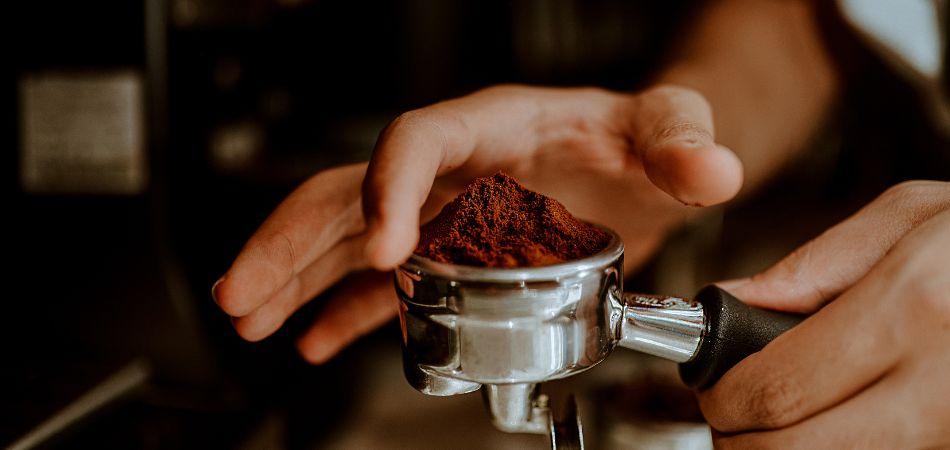
Coffee Brewer
To serve multiple customers efficiently, you’ll need a dependable coffee brewer for high-volume brewing, like drip coffee or cold brew.
Types of Coffee Brewers
- Commercial Drip Brewers: Ideal for brewing large amounts of coffee quickly and consistently.
- Pour-Over Setups: Perfect for shops with specialty coffee offerings, though it requires manual handling.
- Cold Brew Systems: For creating large batches of cold brew, which is increasingly popular with customers.
Key Features
- Capacity: Choose a brewer that matches your expected customer flow.
- Temperature Control: Maintaining an optimal brewing temperature is essential for flavor.
- Programmability: Some brewers allow you to set brewing schedules and extraction times, which is ideal for busy shops.
Coffee Beans Storage
Proper storage is critical to keeping coffee beans fresh and flavorful. Without it, beans can quickly lose their aroma and taste.
Recommended Storage Solutions
- Airtight Containers: Prevents exposure to air, which can degrade flavor.
- Vacuum Sealers: A good option for long-term storage, removing air to prolong freshness.
- Bulk Storage Bins: Convenient for large quantities, especially if your shop uses high volumes daily.
Best Practices
Store beans away from light, heat, and moisture. Use containers that keep beans airtight to extend freshness, which will preserve the quality of your coffee.
Milk Frothing and Steaming Equipment
For creating creamy, frothy drinks like lattes and cappuccinos, milk frothing equipment is essential. It’s often built into espresso machines, though standalone options are available as well.
Types of Milk Frothing Equipment
- Steam Wands: Found on most espresso machines; ideal for controlling texture.
- Standalone Frothers: Great for shops with high milk volume or to supplement an espresso machine.
- Automatic Milk Steamers: Useful for consistent results without hands-on skill.
Key Features
- Temperature Control: Essential for achieving the right texture and avoiding scorched milk.
- Steam Power: More steam power means faster frothing, helpful during peak times.
Blenders and Smoothie Equipment
If your coffee shop offers iced drinks, smoothies, or frappes, a high-quality blender is a must.
Key Features to Consider
- Power and Durability: A high-performance motor can handle ice, frozen fruit, and other ingredients without overheating.
- Ease of Cleaning: Look for blenders with dishwasher-safe components to streamline cleaning.
Popular Models
Brands like Vitamix and Blendtec are favorites in the coffee industry for their power, speed, and long-lasting build.

Water Filtration System
Water is the primary ingredient in coffee, and its quality can significantly impact the taste of your drinks. A good water filtration system ensures that your coffee tastes as intended, free from impurities that can alter flavor or damage equipment over time.
Types of Water Filtration Systems
- Reverse Osmosis Systems: These systems are highly effective at removing contaminants and balancing minerals, ideal for coffee brewing.
- Water Softeners: Softening reduces minerals like calcium and magnesium, which can build up in machines and impact taste.
- In-line Filters: These are more compact options that attach directly to water lines, offering basic filtration.
Why It’s Important
Using clean, filtered water:
- Enhances Flavor: Avoids unwanted mineral or chlorine flavors in your coffee.
- Protects Equipment: Reduces the risk of limescale buildup, extending the lifespan of espresso machines and brewers.
Point of Sale (POS) System
A reliable POS system helps keep your coffee shop organized, allowing you to handle orders, track inventory, and manage payments efficiently. This tool is essential for smooth customer service and helps streamline daily operations.
Key Features to Look For
- Inventory Management: Track ingredient levels to avoid running out of essentials during peak hours.
- Customer Data Tracking: Collect information for loyalty programs or tailored marketing efforts.
- Ease of Use: Simple interfaces minimize training time and reduce errors during busy periods.
Popular Choices
Brands like Square, Clover, and Toast are known for being user-friendly and offering features specifically useful in coffee shops, such as inventory tracking and customizable order screens.
Refrigeration Equipment
To keep milk, cream, syrups, and other perishables fresh, quality refrigeration equipment is essential. Choose refrigeration based on the size of your shop and storage needs.
Types of Refrigeration Equipment
- Commercial Refrigerators: Large-capacity units are perfect for storing bulk items in the back of the house.
- Under-Counter Units: Compact and convenient for storing milk and syrups near the espresso machine.
- Milk Coolers: Specifically designed for milk storage and easy access, helping baristas work more efficiently.
Capacity Considerations
Assess your menu and daily customer volume to determine the right capacity. For example, if your shop offers smoothies or iced lattes, you may need extra space for ingredients like fruits and syrups.
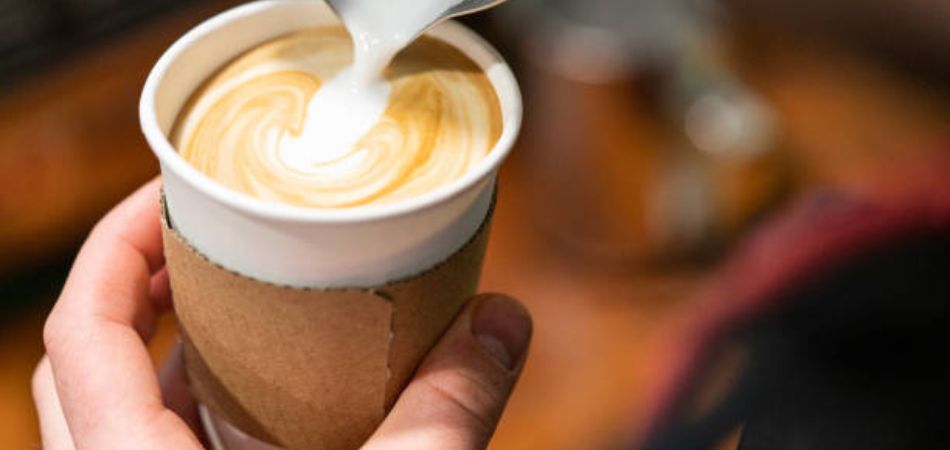
Display Cases
If you plan to sell baked goods, pastries, or snacks, a display case allows you to showcase these items attractively. These cases are especially helpful for increasing impulse purchases as customers see fresh, tempting items on display.
Key Considerations
- Design and Size: Choose a case that fits your space while allowing you to display items attractively and within reach of customers.
- Temperature Control: Some cases offer refrigeration or humidity control to keep pastries fresh throughout the day.
Tips for Optimizing Display Space
Arrange items by category (e.g., muffins, cookies) and keep popular items front and center. Consider investing in a case with shelves to maximize visibility and use small signage to label items clearly.
Cleaning and Maintenance Tools
Maintaining cleanliness in your coffee shop is crucial for health, safety, and overall customer satisfaction. Investing in quality cleaning tools also helps to extend the lifespan of your equipment.
Essential Cleaning Supplies
- Cleaning Brushes: Specialized brushes for espresso machines, grinders, and milk frothers make daily maintenance easier.
- Descaling Solutions: Regular descaling prevents mineral buildup, which can compromise machine performance.
- Detergents and Disinfectants: Food-safe, high-quality detergents keep all surfaces clean and hygienic.
Daily Maintenance Tips
Create a daily checklist for your team to ensure all equipment is cleaned at the end of each shift. For example, wiping down steam wands, cleaning grinder burrs, and rinsing drip trays should be part of regular maintenance.
Seating and Ambiance Equipment
Seating is not just functional; it also sets the tone of your coffee shop, creating an inviting space for customers who want to relax and enjoy their coffee.
Types of Seating and Furniture
- Chairs and Tables: Standard seating for customers who plan to sit for short visits.
- Lounge Areas: Sofas or armchairs add a cozy vibe and encourage longer stays.
- Booths: Great for coffee shops with a lot of dine-in customers, providing both comfort and style.
Creating the Right Atmosphere
- Lighting: Soft, warm lighting enhances the ambiance, while brighter lights may be more practical for reading and working.
- Decor and Music: Consider the decor style that best represents your brand, and select background music to enhance the vibe.
Conclusion
Investing in the right coffee shop equipment list is fundamental to running a successful coffee shop. From brewing the perfect espresso to creating an inviting space, each piece of equipment contributes to your shop’s efficiency, coffee quality, and customer satisfaction.
As you plan your setup or consider upgrading your current equipment, keep in mind your budget, daily volume, and customer preferences. Start with the essentials, and expand as needed. Remember, thoughtful investment in quality equipment can make all the difference in setting your coffee shop up for long-term success.
Frequently Asked Questions
What Sells Well In A Coffee Shop?
Popular coffee shop items include freshly brewed coffee, espresso drinks, pastries, sandwiches, and specialty beverages. Seasonal offerings and local specialties also attract customers.
What Is Usually Sold At A Coffee Shop?
A coffee shop typically sells a variety of coffee beverages, tea, pastries, and light snacks. Many also offer sandwiches, breakfast items, and sometimes retail coffee beans and coffee-making equipment.
What Must Be In A Coffee Shop?
A coffee shop must have quality coffee beans, a variety of brewing equipment, comfortable seating, free Wi-Fi, and friendly staff.
What Can You Sell In A Coffee Shop Besides Coffee?
A coffee shop can sell pastries, sandwiches, teas, smoothies, and retail coffee beans. Offer merchandise like mugs, tumblers, and coffee equipment.
